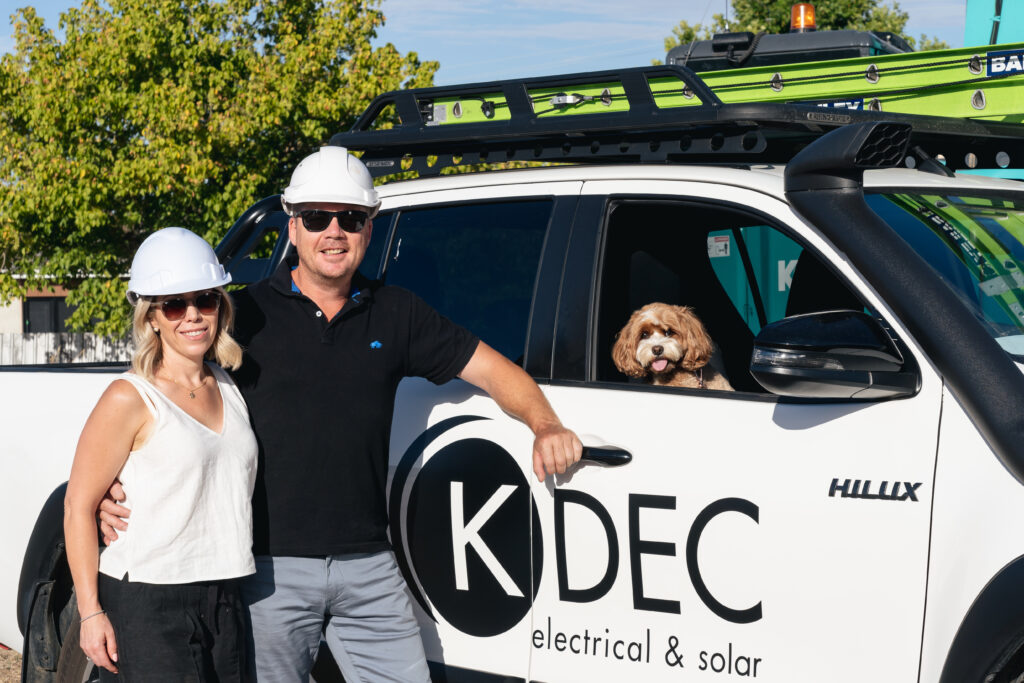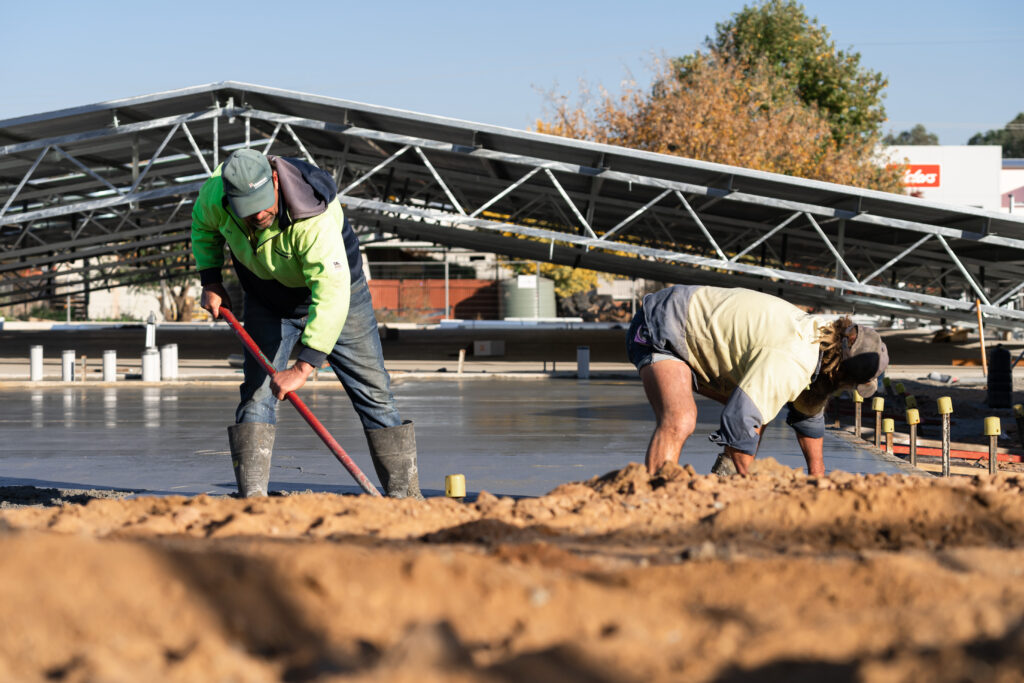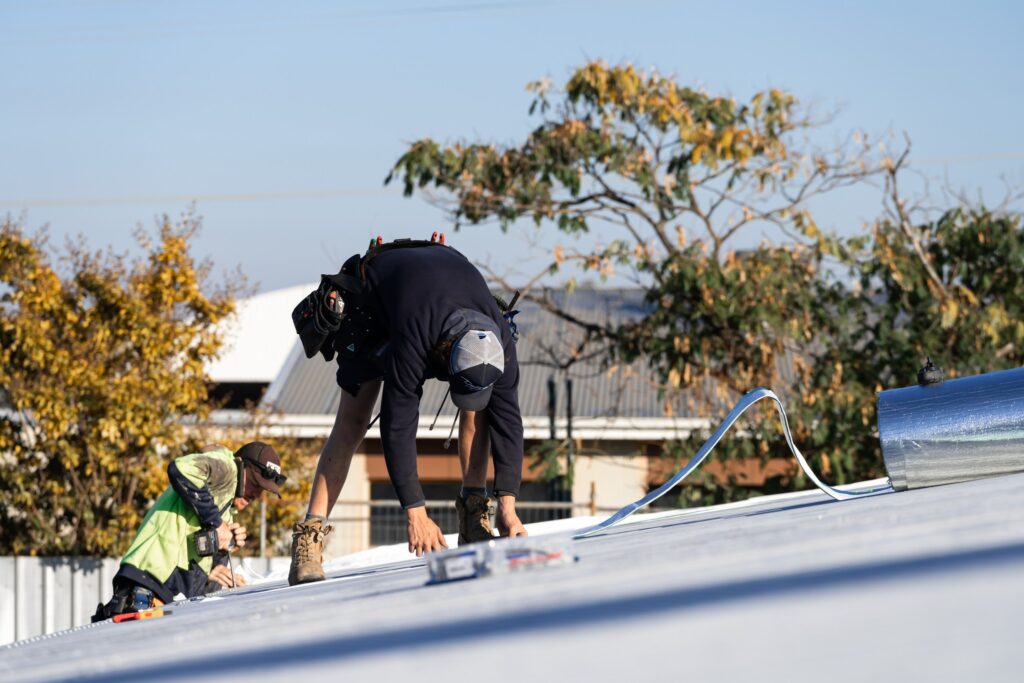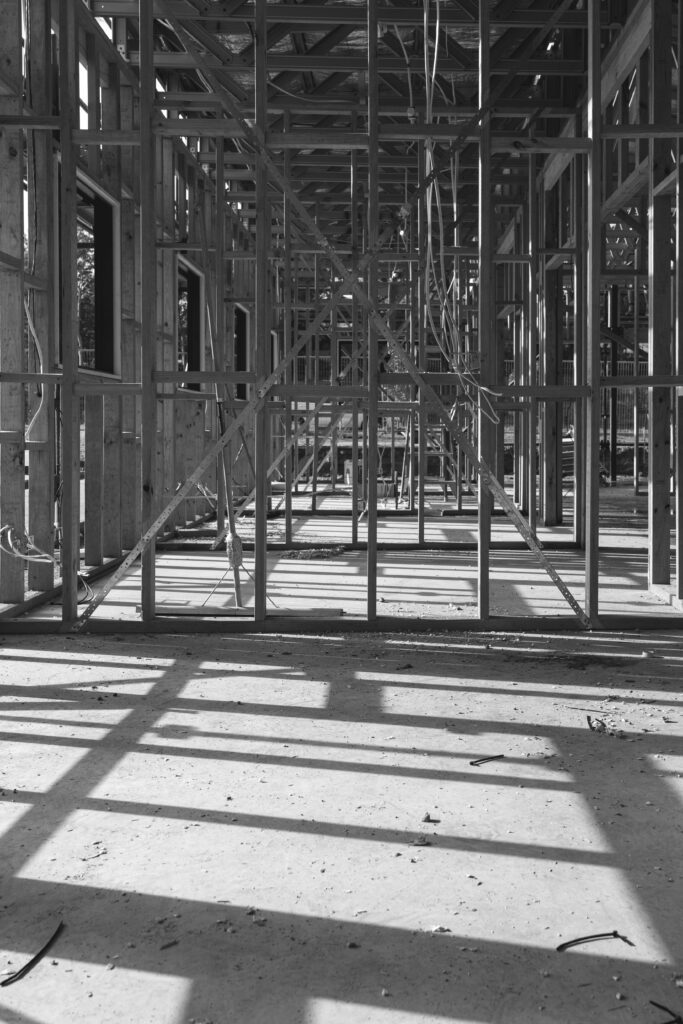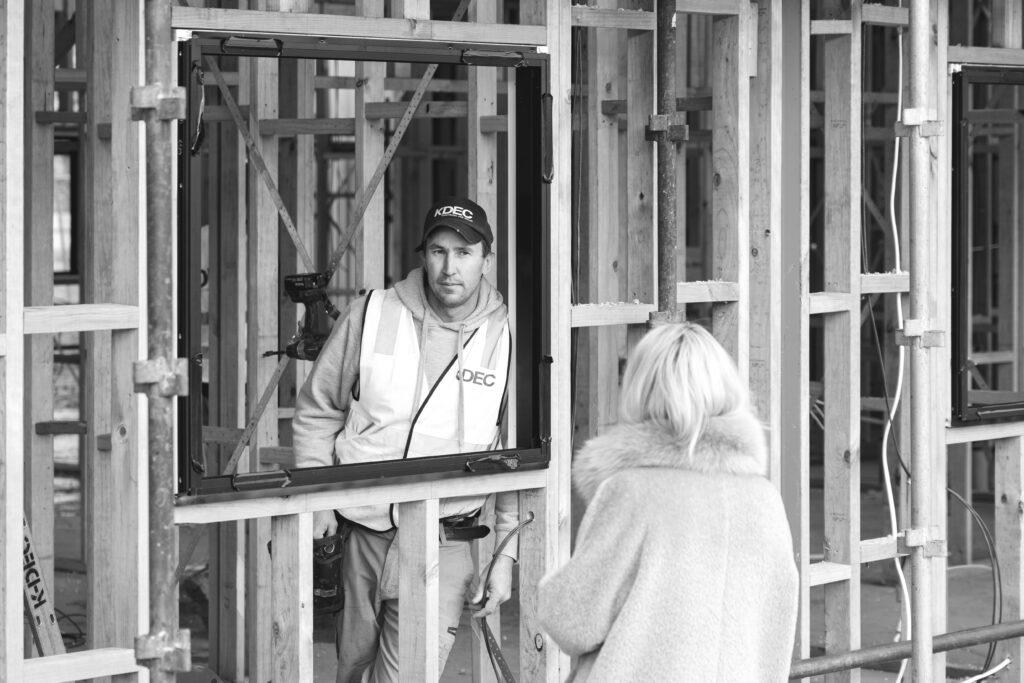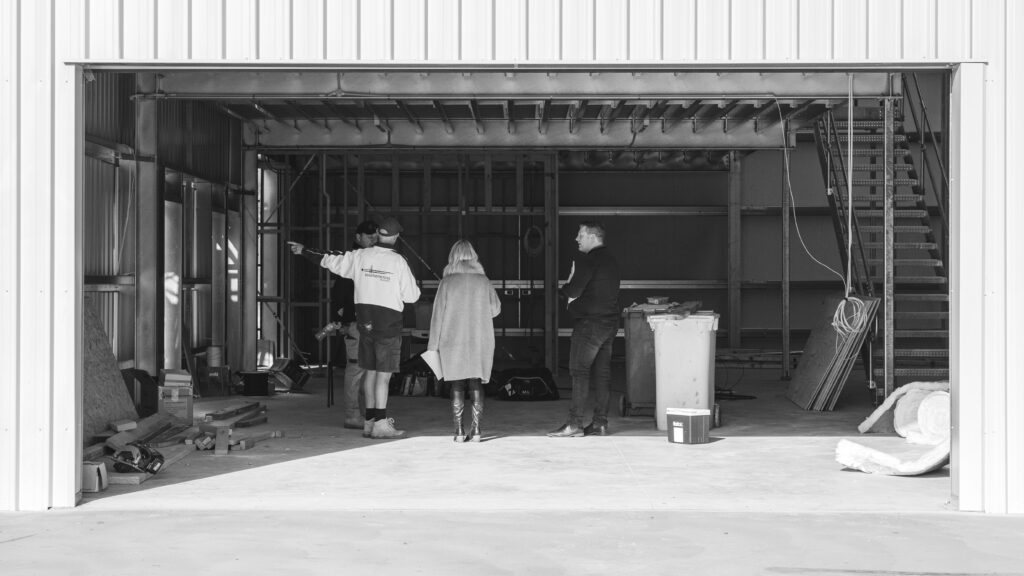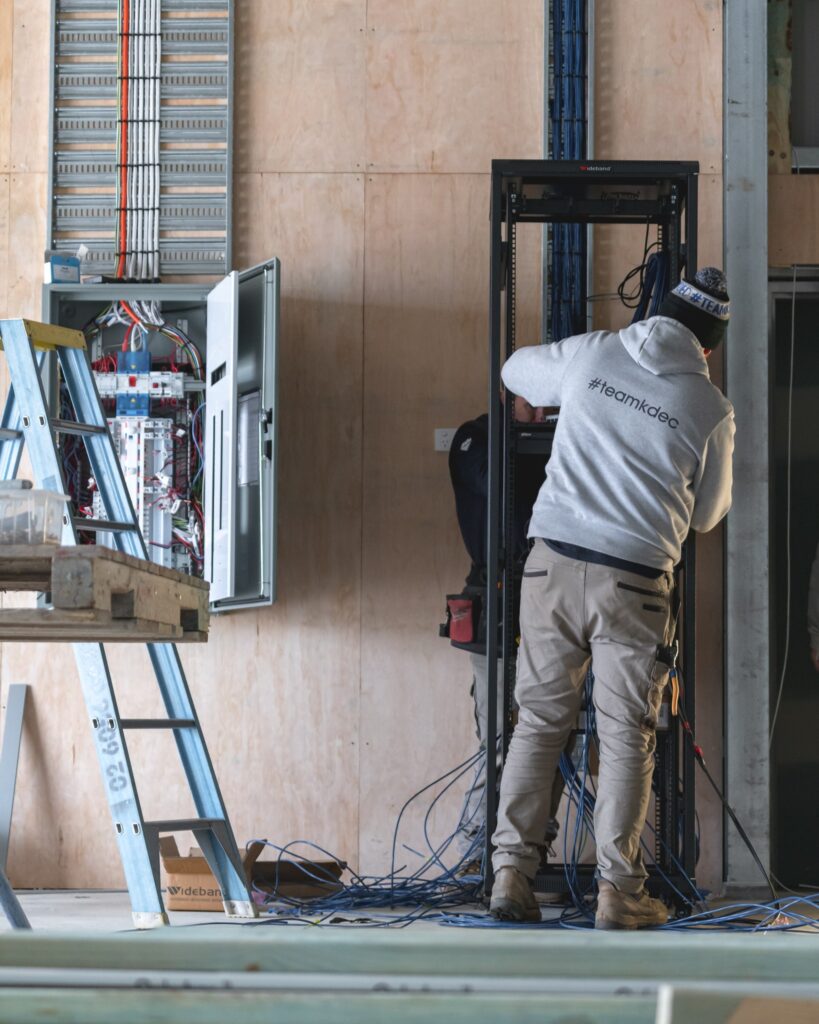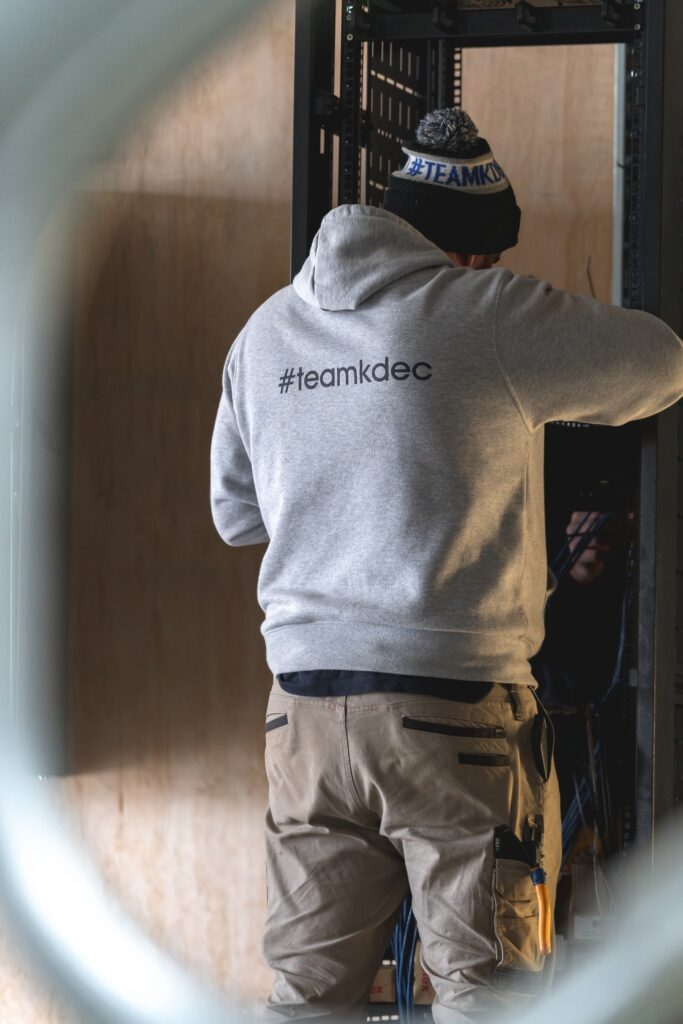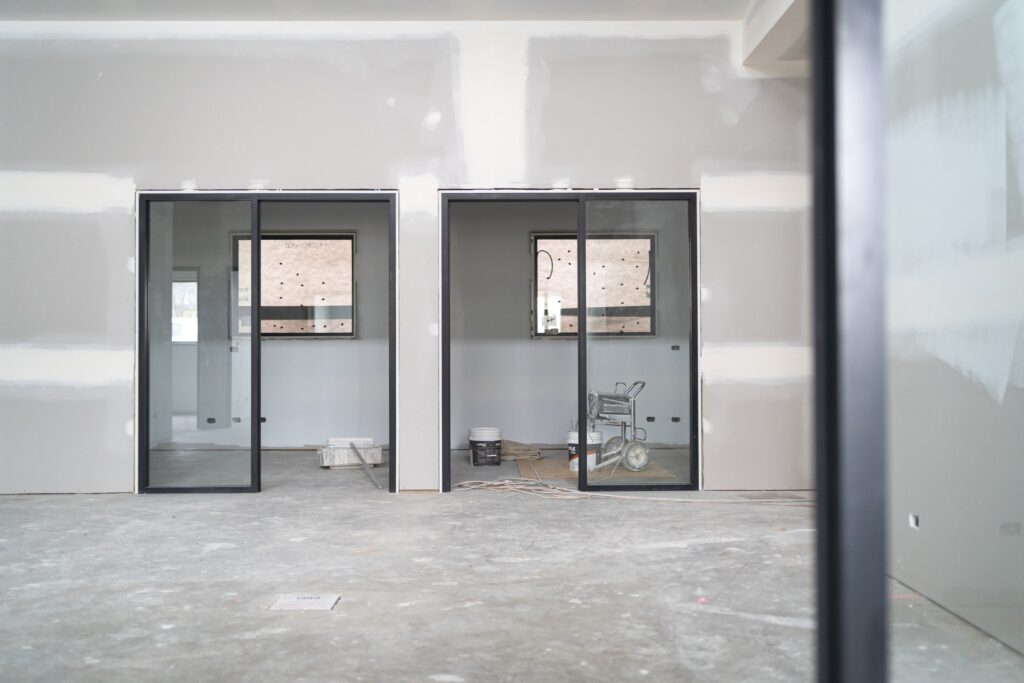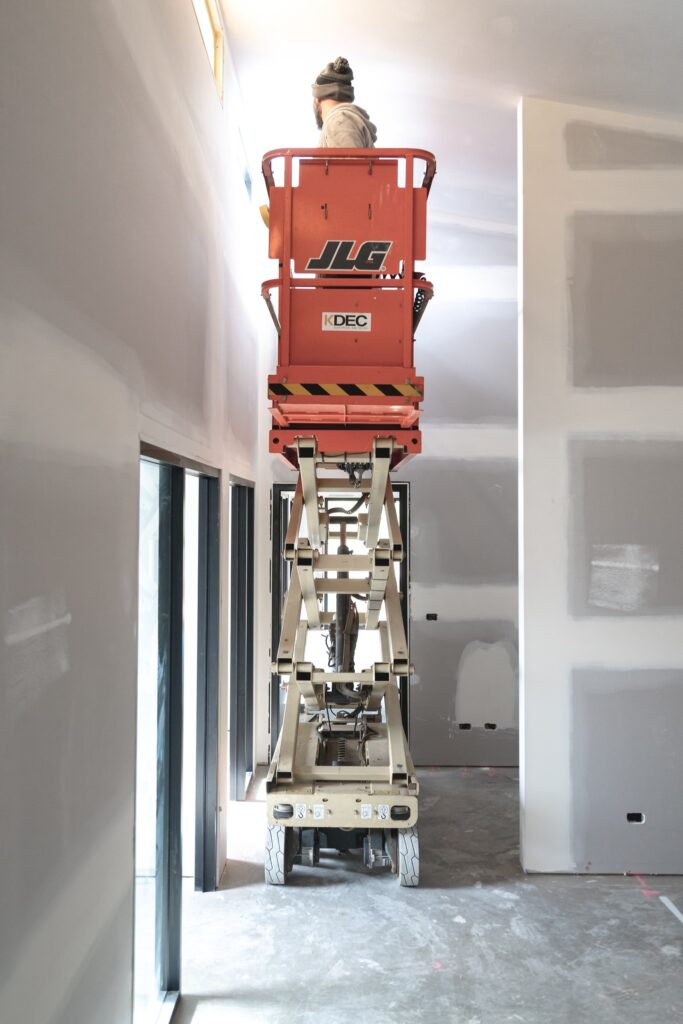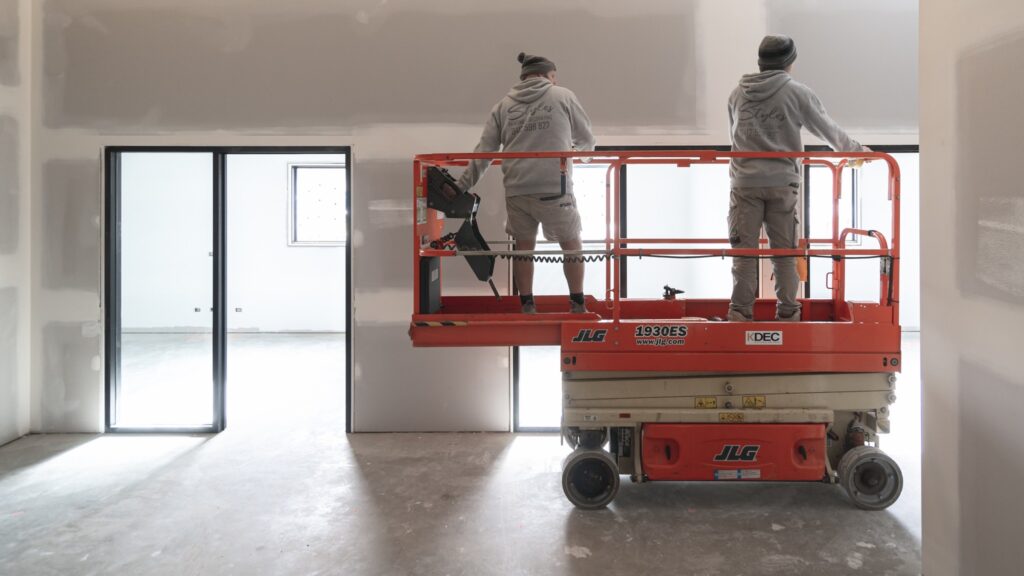22 Mar 2022
How Many Solar Panels Do I Need For My Home?
NEWS SOLAR
When it comes to installing a solar power system for your home, one of the most important factors that you have to consider is the number of panels or the total size of the system that you’ll need. That’s because you’ll need a system that can provide enough power to supply your home’s energy needs.
Understanding The Output of Solar Panels
The output of solar photovoltaic (PV) systems is rated in kilowatts (kW) or watts (W). Solar panels for homes that are rated 1kW can provide about 4 kilowatt-hours (kWh) of electricity a day. This means that a 6.6kW system is capable of delivering about 26.4kWh on a regular sunny day.
Although the sizes of solar panels you can use for your house can vary depending on their brands and types, a 6.6kW system is typically composed of around 20 x 330W panels or 18 x 370W panels. Keep in mind that this information only serves as an example to provide you with a rough idea about the size and capacity of an average system. The actual size that you’ll need will still depend on other factors, such as your home’s daily energy consumption and the available space that can accommodate the panels.
Determining Your Electricity Usage
The size of your home and the number of people living in it has a direct effect on your daily energy usage. An average home in Australia uses up about 15 to 20kWh per day. On the other hand, a one-person home typically uses an average of 8 to 12kWh, while bigger households with around five members consume more electricity or around 30 to 40kWh daily.
Aside from the number of people, another aspect that you should think about is the period when electricity is used the most in your home. For instance, a house with five occupants might not consume as much electricity as other homes with similar households because most family members are at school or work during weekdays.
In addition, you should also check if your home’s energy consumption increases significantly during the summer and winter seasons due to the use of cooling and heating units. Knowing these factors will provide you with an idea about your average daily energy needs as well as the amount of electricity your home uses during peak times and seasons.
Estimating The Size Of Your System
Now that you know how much electricity your home consumes, you can start estimating the size of the solar PV system that you’ll need. Your goal is to select a solar energy system that’s more than capable of handling your energy consumption during peak times. For instance, if you use up about 20kWh on weekdays and around 30kWh on weekends, then you should choose a system that can supply 30kWh of electricity daily.
It’s also advisable to get bigger systems with larger outputs to cover the days or seasons that require higher energy usage. Keep in mind that solar panels for homes are usually installed on the roof in order to maximise the energy they are able to collect from the Sun. So, when choosing larger systems, make sure that your home’s roof has enough available space to accommodate the required number of solar panels.
Reputable solar providers can also help you choose the right solar system that suits your home’s size and daily energy usage. KDEC, which is an electrical and solar solutions provider in Albury-Wodonga, is known for providing clients with tailored systems that perfectly match their needs and preferences.
Related News
15 Mar 22
A Guide To Choosing A Solar Panel For Your Home
Although solar power technology has been around for quite some time now, its widespread use in homes and other residential properties has only started recently. This is most likely due to the growing number of people who are actively choosing to follow a more sustainable type of lifestyle.
18 Mar 21
Random Acts of Kindness
We were excited to announce Random Acts of Kindness was back in 2017 with Hit104.9 Riley-Rose & Seamus!
1 Jun 22
Solar Rebates in NSW and VIC
As a provider and installer of approved solar energy systems, batteries, inverters, and other related components, KDEC can help you take advantage of rebate programs.





Licence Number: NSW 363462C | Vic 29085
© Copyright 2021 by KDEC Electrical. All rights reserved.
Website by Digital Marketer Bee.



























